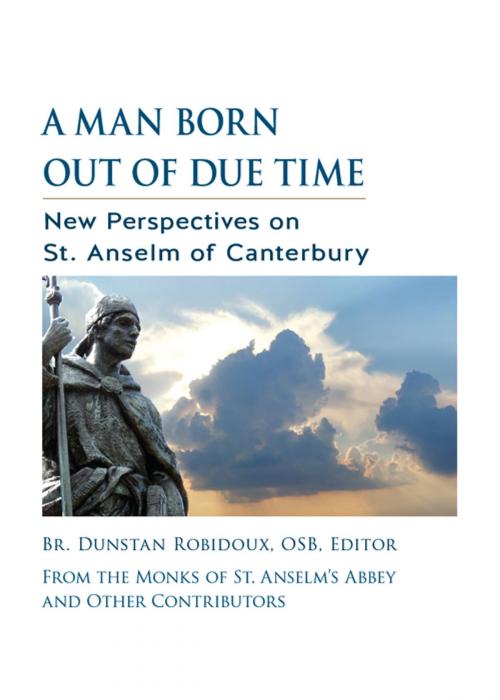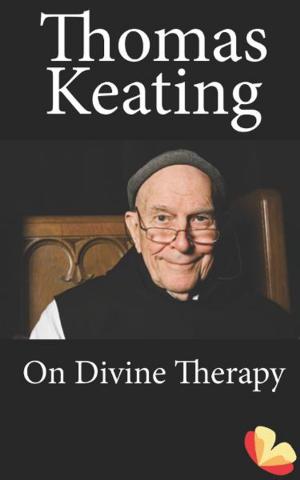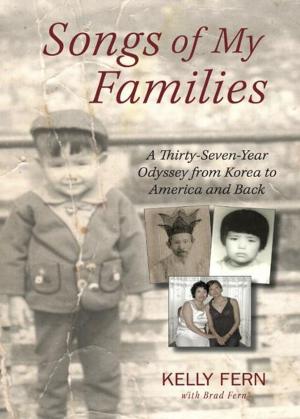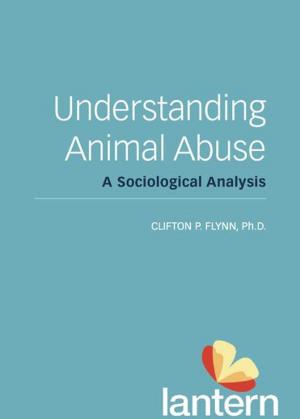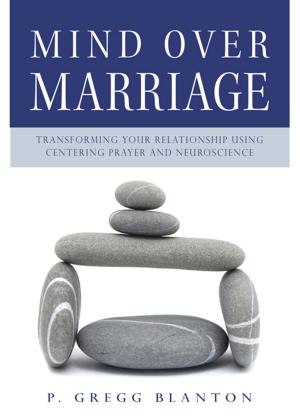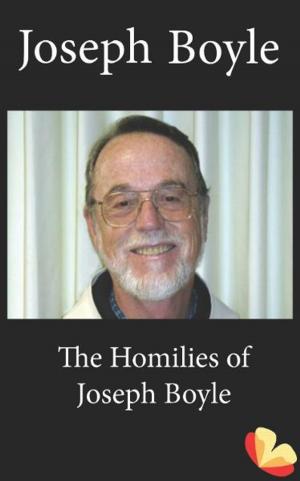| Author: | ISBN: | 9781590563786 | |
| Publisher: | Lantern Books | Publication: | April 24, 2013 |
| Imprint: | Language: | English |
| Author: | |
| ISBN: | 9781590563786 |
| Publisher: | Lantern Books |
| Publication: | April 24, 2013 |
| Imprint: | |
| Language: | English |
Since his birth in 1033, St. Anselm of Canterbury has been recognized as one of the most versatile thinkers of the Middle Ages. He was a beloved abbot of his monastic community in Normandy, a fearless upholder of the rights of the Church after he became archbishop of Canterbury, and the author of prayers and meditations that continue to nourish the devotional lives of many Christians.This anthology, from contributors including the monks of St. Anselm's Abbey in Washington, DC, explores these and other aspects of St. Anselm's life and thought through various methods, including an address to students at a school whose patron is St. Anselm; a homily commemorating the nine-hundredth anniversary of his death in 1109; studies of his understanding of freedom and theological method; and reflections on his role as a monk and archbishop. Altogether, these writings provide a new and unique way to commemorate the philosopher-theologian whose ontological argument for the existence of God has continued to intrigue thinkers to this very day.
Since his birth in 1033, St. Anselm of Canterbury has been recognized as one of the most versatile thinkers of the Middle Ages. He was a beloved abbot of his monastic community in Normandy, a fearless upholder of the rights of the Church after he became archbishop of Canterbury, and the author of prayers and meditations that continue to nourish the devotional lives of many Christians.This anthology, from contributors including the monks of St. Anselm's Abbey in Washington, DC, explores these and other aspects of St. Anselm's life and thought through various methods, including an address to students at a school whose patron is St. Anselm; a homily commemorating the nine-hundredth anniversary of his death in 1109; studies of his understanding of freedom and theological method; and reflections on his role as a monk and archbishop. Altogether, these writings provide a new and unique way to commemorate the philosopher-theologian whose ontological argument for the existence of God has continued to intrigue thinkers to this very day.
